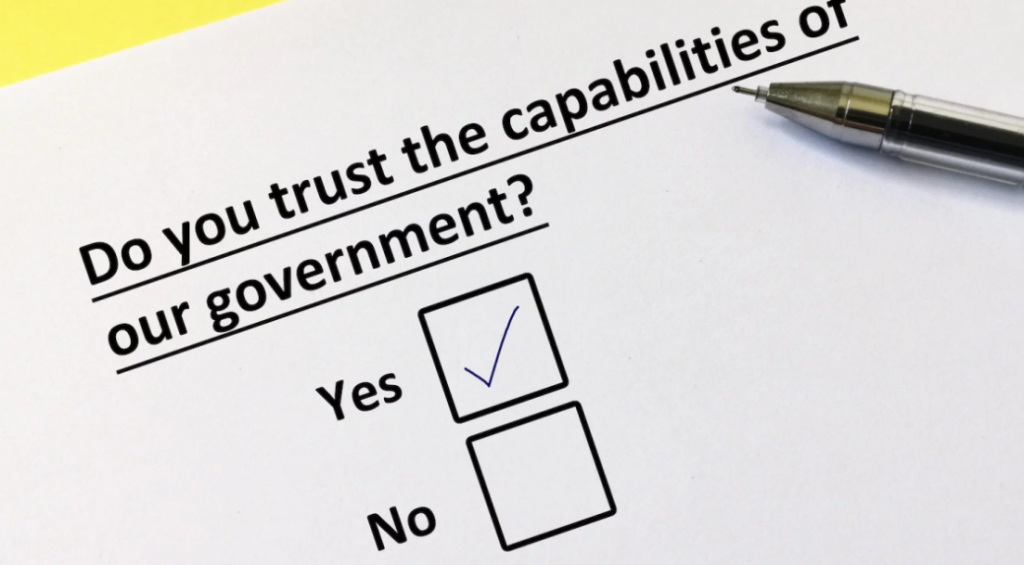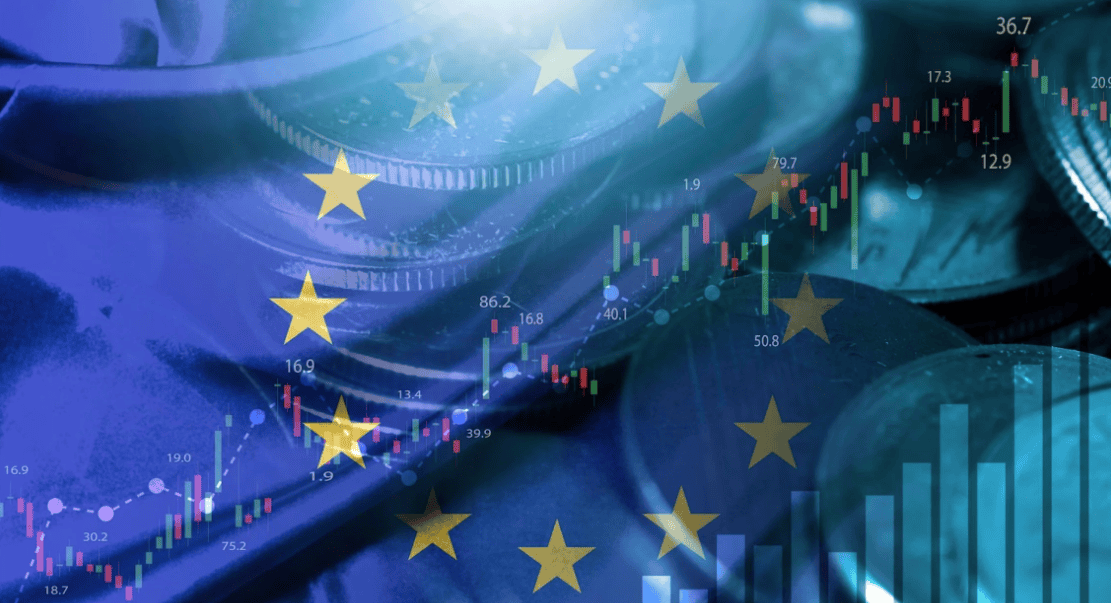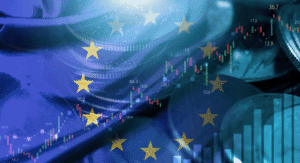The credibility of an institution is, almost, synonymous with how well it is trusted. This column uses survey data to examine how trust in various institutions – the government, parliament, the EU, the IMF, and the World Bank – is affected by respondents’ views on aspects of the economy (their own financial situation, the need for economic growth, and the need to fight inflation). When respondents feel most concerned with the need to prevent inflation, trust in all the various institutions of authority has become lower, while it is marginally higher when respondents cite economic growth as one of their most important concerns.
A constant theme amongst central banks is the importance to be attached to their credibility in the achievement of hitting their inflation targets, and thus maintaining price stability. Or, in other words, that they can be trusted to do what they say that they will do. Thus, the credibility of an institution is, almost, synonymous with the trust in that institution.
Somewhat oddly, there has been little empirical study of the links between these two concepts. Amongst the few that have, the work by Ehrmann et al. (2011) analyses the impact of macro-economic performance (i.e. inflation, GDP, unemployment) on trust in the ECB. Brouwer and de Haan (2022), studying Dutch households, show that people with high trust in the ECB have inflation expectations that align with the ECB’s inflation target. Examining 15 EU countries, Hessami (2011) reports that the state of the economy (such as the inflation and unemployment rates) only affects trust in the WTO and does not influence trust in the IMF and World Bank. He suggests that people would rather blame national institutions for poor macroeconomic performance.
On the maintained assumption that credibility and trust are extremely closely linked, we can use the various studies on trust to examine the credibility of a range of macroeconomic institutions. For this purpose, we use the World Values Survey Wave 7 (2017–2022) (hereafter WVS 7) and World Bank Open Data to build a unique sample of 91,418 observations across 62 countries. 1 In this column, we consider the trust placed in the following bodies: the government, parliament, the EU, the IMF, and the World Bank. We can then relate such trust to various variables – economic growth, satisfaction with financial situation within households, and price stability – to examine the impact on their perception of the authorities’ performance. For the trust variables, we used the questions Q71 for trust in government, Q73 for trust in parliament, Q82 for trust in the EU, Q84 for trust in the IMF, and Q87 for trust in the World Bank. Those questions have the same content and same answer options as follows: “Could you tell me how much confidence you have in them: is it a great deal of confidence, quite a lot of confidence, not very much confidence or none at all?”. We then coded those trust variables as 3 for “A great deal”, 2 for “Quite a lot”, 1 for “Not very much”, and 0 for “Not at all”. Higher values indicate higher levels of trust in those authorities. Adopting the question Q152, “Would you please say which one of these you, yourself, consider the most important?”, we created the variable of economic growth, which was coded 1 when respondents chose “A high level of economic growth” and 0 for other answers. Using responses to the question Q50, “How satisfied are you with the financial situation of your household?”, we constructed the variable of satisfaction with financial situation, which was coded ranging from 0 “Completely dissatisfied” to 9 “Completely satisfied”. For the variable of price stability, we referred to responses to question Q154, “Which one of the things on this card would you say is most important?”. We coded it as 1 when the answer was “Fighting rising prices” and 0 for other answers.
We then ran regressions relating the effect of each variable on the trust attributed by responders to each initiative. Table 1 in the Appendix shows our findings. In particular, when households are satisfied with their own financial situation, their trust in macroeconomic institutions is higher. A positive relationship between individual respondents’ view about how satisfactory their financial situation currently was and their trust in the various institutions of authority is natural, indeed obvious. There is relatively little relationship, though positive, between putting strong emphasis on economic growth and their trust in the institutions of authority. Possibly the somewhat stronger relationship with the global institutions – the IMF and World Bank – is because people do appreciate that growth tends to occur from worldwide developments, both innovations and geopolitical developments, rather than from the efforts of individual national authorities. What is interesting is the strong negative relationship between respondents putting considerable emphasis on the achievement of price stability and their trust in the institutions of authority. This may well be because price stability is regarded as a prerequisite for a satisfactory economic conjuncture. Like health or peace, when you do not have it, it tends to dominate one’s thinking, but when you do have it, it becomes part of an otherwise satisfactory background.
Also, in a recent paper by D’Acunto et al. (2024), the authors state that “[i]n line with this evidence and using a similar approach, Kamdar et al. (2023) find that for the majority of consumers, spending does not respond to increased inflation expectations, with 20% of consumers actually reducing expenditure in response to higher expected inflation. Considering that wages are set in nominal terms, a negative response of consumption to higher inflation expectations might be triggered by lower expected real wages. In fact, recent research by Pilossph and Ryngaert (2023) in the US suggests that, following an increase in expected inflation, consumers do not expect their nominal wages to catch-up.”
What this suggests is that the general public will hold those in authority responsible for price stability, and will punish them when that is not forthcoming. Unfortunately, we do not have data in this survey on trust in central banks. It would surely be as negative as trust in these other institutions, or even more so, though it seems that failure to achieve price stability impinges on virtually all such institutions, and not only the central bank. Perhaps the international institutions – the IMF and World Bank – will be blamed by the public for making their local government take unpalatable policy measures. By contrast, a desire for more economic growth as a prime requirement does not seem to relate as much to trust in the institutional authorities.
We also examined how trust of institutions affected the above variables. The results are shown in Table 2 in the Appendix. We find that when people trust the institutional authorities, they are less likely to regard price stability as a key issue, and more likely to be satisfied with their own financial situation. Again, the relationship between trust in the authorities and the desire for economic growth is rather slight. As noted before, this may well be because people, correctly, believe that there is relatively little that policymakers can do to enhance growth.
Among other things, what these findings suggest is that politicians should be extremely wary of undertaking policies in the pursuit of faster economic growth, if there is any likelihood that that policy might unhinge price stability. They would get relatively little praise for any resulting faster economic growth, which people would attribute to their own activities, whereas they would receive the blame for disturbing price stability. The policies of Edward Heath in the early 1970s and Liz Truss in 2022 in the UK are examples of such an unsuccessful gamble.
Source : VOXeu







































































